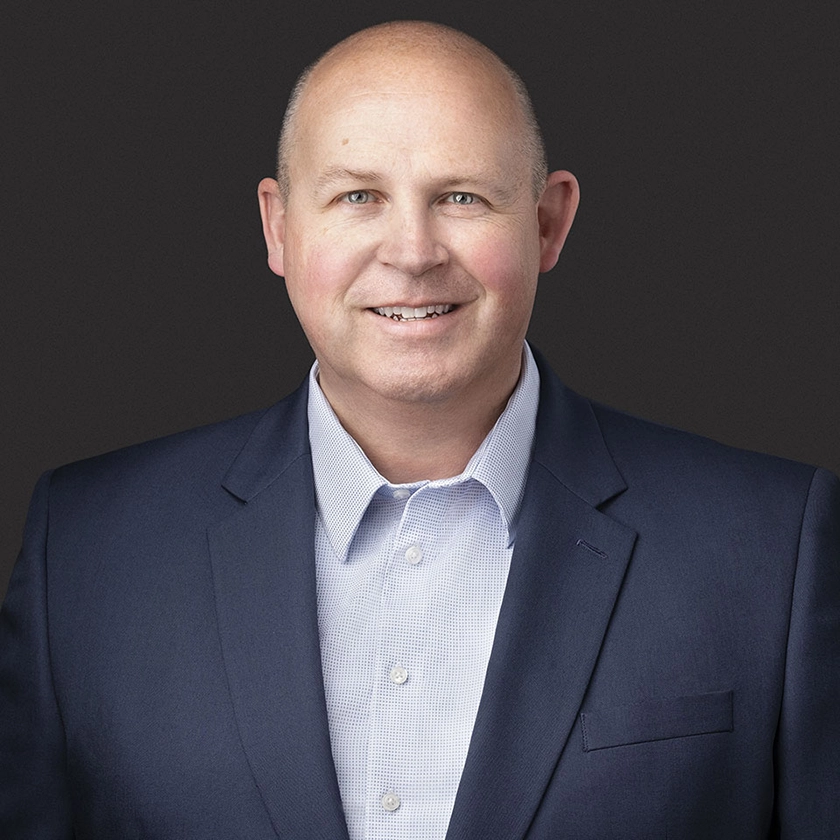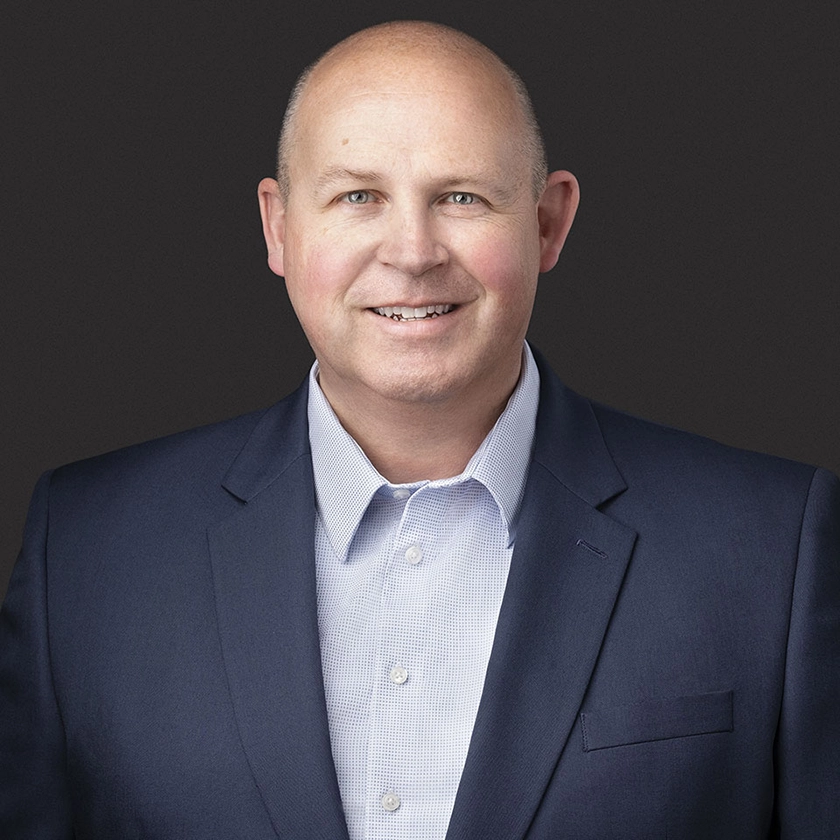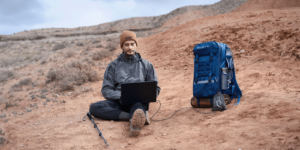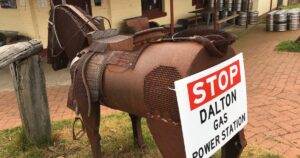GreenH2@Work Employee Spotlight: Joshua Bopp

It’s National Hire a Veteran Day! Plug has a strong veteran contingent among its staff. Here’s Josh Bopp’s story in his own words.

Starting at the end, my story has a happy ending in part because I didn’t just expect someone to hire me because I’m a veteran. I did a lot of planning, put in a lot of work, and my family made sacrifices to position me for a smooth transition from active military service to a job in the private sector. I used a lot of the available programs and benefits that the government has set up to help services members find success on the other side of transition. That said, I hoped that I could connect with people who would understand the long list of tangibles and intangibles that come with hiring a veteran. Where I am is not where 18-year-old (or even 25-year-old) me thought I would be, but I’m so glad for my journey and where I currently am.
In the summer of 1998, a young version of me ventured into an Armed Forces Recruiting Center, not knowing that I was at the onset of a journey that would span over two and a half decades. My original plan was to do one contract in the U.S. Army Reserves, then pursue an occupation as an educator. I was on-track toward that objective and in the early stages of graduate school when the Iraq war kicked off, changing my plans. I quickly discovered that I was well-adapted to the fast-paced, dynamic environment of the military, and I also found opportunities to teach daily. I started the process to change to active service. It wasn’t long after my second deployment that I was presented with an opportunity to teach basic leadership at a Non-commissioned Officer Academy, where I could combine the best of both worlds. It was during that assignment that I decided to become a careerist.
My 26 years in the U.S. Army challenged me with a variety of duty assignments and a myriad of problems to solve. I learned to develop and lead teams, be a good follower and team member, manage risk and make difficult decisions, develop and implement training plans, continually improve processes, document thoroughly, and collaborate across functions and organizations. I learned that caring for the people in your organization is critical if you want to be successful. I had a lot of practice in anticipating the requests and requirements from higher in the organization, and I became adept at streamlining organization of our knowledge bases to help inform decisions. The military is full of opportunities for people who are looking for difficult challenges to tackle and who are willing to take on additional responsibilities. I certainly took advantage of the many training and practical application opportunities presented to me. Although I started out in maintenance, fleet management, and logistics, later in my career, I realized that I was functionally a Program and Project Manager.
I used a combination of Tuition Assistance and my G.I. Bill to complete an MBA (Operations and Supply Chain Management), all while moving cross-country twice, enduring a pandemic, and working through a child’s cancer diagnosis and treatment. The military (and life in general) give you a lot of challenges to overcome that help you become resilient and flexible. Oddly enough, I am a certified “Master Resilience Trainer” through the Army’s UPenn developed course. I also utilized the Army’s Credentialing Assistance program and the Onward to Opportunity program from the D’Aniello Institute for Veterans and Military Families at Syracuse University. Both helped provide training resources that have been helpful in learning the fundamentals of both traditional and Agile project management, things that I had just had to figure out through trial and error over my years in the military. Project management as a discipline is targeted more specifically at engineers in the Army, even though most military personnel will have lots of experience doing project and program management as they move up in the organization.
As I prepared for transition to a civilian occupation, I started to look for companies that could provide a similar fast-paced, dynamic environment in which I could thrive. I also looked for companies whose mission and vision aligned with my own. The Department of Defense (DoD) has the SkillBridge program, in which partner companies open positions designed for service members in transition to learn skills, network, and hopefully impress an organization enough that there is a good chance of a job offer. At the very least, the service member will start to learn the language and how to function in the civilian work environment; a quite different world than they are used to. The U.S. Army has a companion program called the Career Skills Program (CSP), which can be more custom-tailored to either pursue credentials, train in new systems or technology, or develop an “internship” with a company outside of any normal SkillBridge positions.
Through LinkedIn, I connected with Lauren Piche, a Lead Recruiter with Plug. I cannot give her enough credit for her role in this process, between making time to get to know me, discussing CSP and SkillBridge options at Plug, and connecting me with others in the company. My hope was that I might “intern” in some capacity in either Project/Program Management or in Logistics/Operations/Supply Chain, both areas in which I had significant experience during my military time. I use quotes around “intern” because although that is the term used for the program from the military side of things, those of us using the programs are not quite what most companies think of when they use the term. This language issue could stifle some opportunities, but Lauren was able to see past the term and see the person. She asked if it was ok to take a resume around to some leaders within the company and see what we could do for CSP. From there, I had a meeting with Jen Senich, Senior Director of Technical Program Management. It was a great meeting, and I’m glad that I listened to the advice from the military’s Transition Assistance Program trainers and Michael Quinn (CSM, Retired and LinkedIn famous) who reminded us that every conversation could be an interview. I heard back in a few days that Jen was interested in bringing me in through CSP, and then we worked through the process and paperwork on both the Plug and military side.
Patience was required. Once you agree to something, it’s natural to want to jump right in, but there were administrative hurdles on the miliary side, as well as on the company side. I also had a limit on when I could start, because you are not available through one of these programs until 180 days before your separation date. Commanders also don’t have to approve your request, so I had begun seeding the idea more than a year out. Time went slowly and quickly at the same time, all while I was chugging away at my military job. On my very last regular day, I was the last one to leave the office around 6 pm on a Friday. On Monday morning, I started at Plug, working as a “geographical bachelor” in NY while my family was a few hours away in MA. This involved staying with family, then staying in a nearly empty house after we closed on a property, with trips back and forth every weekend. A few months later, after the school year ended and as I was closer to receiving my DD-214 from the Army, we relocated the family to the Albany, NY area. Whether or not things panned out at Plug in the long term, we knew that the area was a good place to set down roots (finally!) and that my wife and I would both have a lot of opportunities to grow professionally.
The first few weeks at Plug were a whirlwind: meeting people; learning about products, projects, and programs; completing requisite training; and gaining access to and learning new systems. Fortunately, the military had passively prepared me for this through the Permanent Change of Station process, where you were moving to a new location and organization every few years. The military also has a massive number of systems, and since you might use different ones at different jobs, you’re constantly having to learn and adapt. Since starting at Plug, I have been able to put my organizational skills to use. My abilities to navigate teams, streamline processes, and dive head-first into learning new systems have been very helpful. While a flexible working environment is great (my team is often working from different physical locations), some of my favorite times have been huddled around a white board with others, brainstorming and developing concepts that we could then turn into reality.
During CSP, I joined the Military Employee Resource Group here at Plug, which has been a great resource to network within the company and discuss the transition process with other veterans in the organization.
I’m very happy that as my CSP window was coming to an end, I was presented with a job offer from Plug to continue working as a Program Manager, reporting to Jen and working with the same team. After a very brief discussion with my wife, I accepted. Then it was time to be patient again as I had to go back to finish out-processing from the military. This five-week period included my final medical evaluations, a child’s birthday celebration with friends we were about the leave, relocating to NY from MA and all that comes with moving a family of five, supporting my wife through her own job interviews and acceptance of a new role for her, and saying farewell to my colleagues from the past two and a half years. Then, after another period of that ironic slow/fast time, I was sitting in uniform for the last time at West Point, NY. It was a Thursday morning. By noon, I was headed north to Albany with my DD-214 and certificate of retirement in a folder and an American flag on the seat next to me. The following Monday, I reported back to Plug for work as a full-time employee.
I am excited about the people and the work at Plug, and I look forward to helping recruit more veterans to the company!






